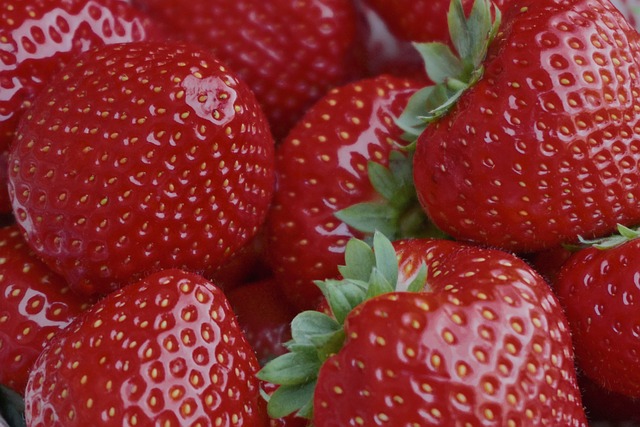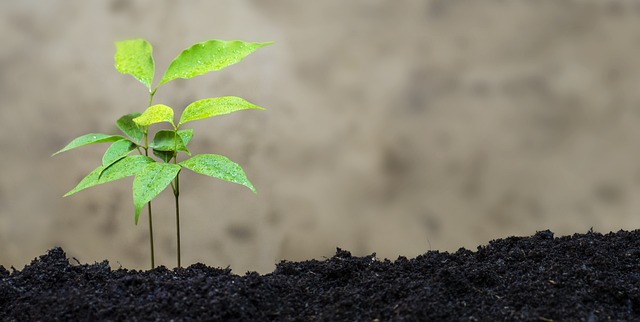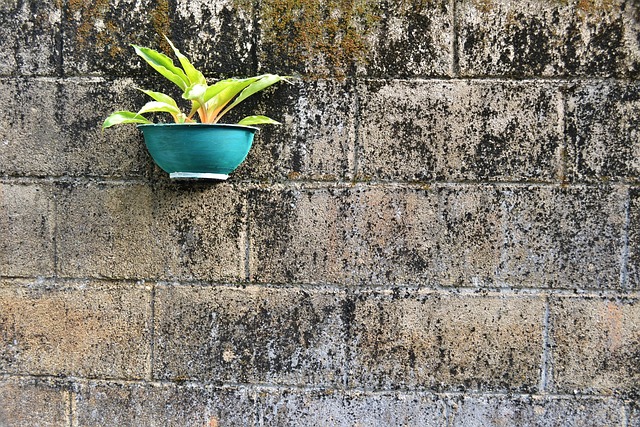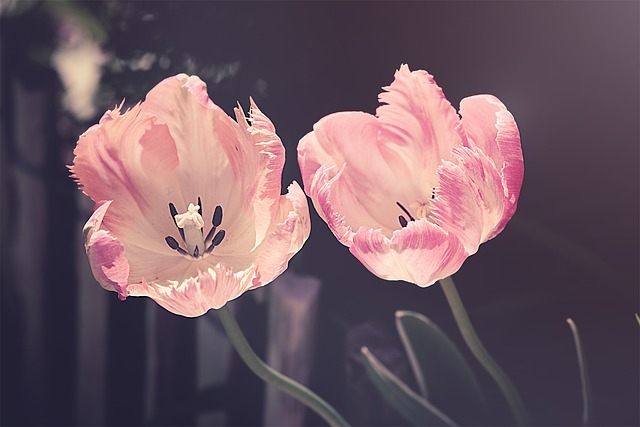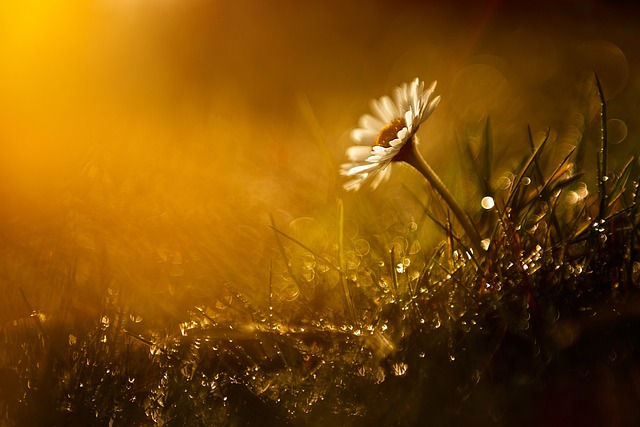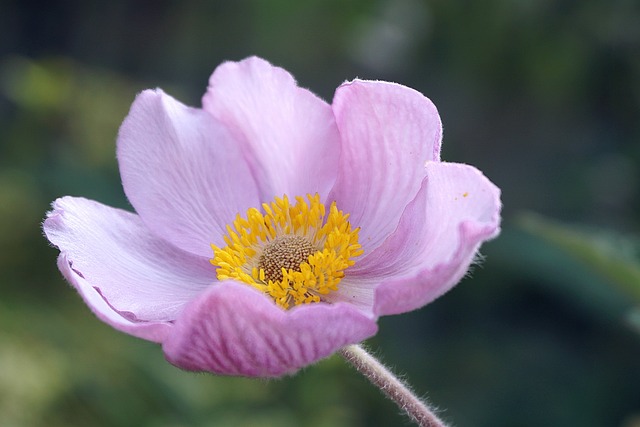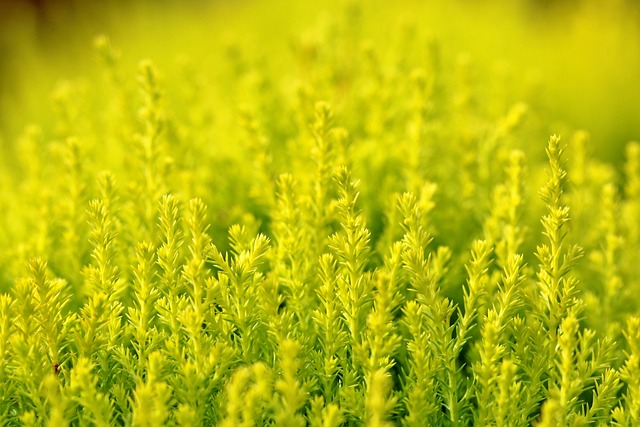
Gardening is a relaxing hobby, and it does not cost a lot of money. A backyard garden can mean hours of quality time together for families, or a peaceful and productive outing for friends. It can be a fun way to teach children how things grow from a seed to something they can eat. Gardening also teaches life lessons and can make you truly appreciate the wonders of nature. The advice in this article will help you to view horticulture as a relaxing hobby rather than a chore, and when you enjoy it yourself, it will be easy to encourage others to join in.
You will need to properly lay sod. Start by preparing your soil with care. Pull all the weeds and loosen the soil so the new roots can take easily. The next step is compacting your soil and carefully leveling it. The soil should always receive adequate moisture. You should lay your sod staggered, and have the joints offset. Firm the sod down to form a flat, even surface, and fill in any gaps between the sod with a little soil. After two weeks of daily watering, the sod should be rooted; at this time, it is now safe to walk on it.
Having healthy soil in your garden is your number one defense against pests! Healthy plants are naturally more resilient against pests and disease. To give your garden the best chance of yielding the healthiest plants, start with a high-quality soil that has fewer chemicals which over time will accumulate salts.
Baking Soda
Don’t bother with expensive chemicals if your plants start to sport powdery mildew. Combine a bit of liquid soap and some baking soda with water. Once every week, you should spray the mixture on your plants; the mildew will disappear shortly thereafter. Your plants will not be harmed by the baking soda, but the mildew will definitely not like it!
It is important to choose the right type of soil if you want to achieve the best results. Different types of plants require different soils, so check soil requirements for the ones you choose. It can happen where one artificial area is designated to have just one type of soil.
Don’t mow your grass too short. If you leave some of the grass when you mow, the roots grow further into the ground, which makes the grass less prone to drying and other hazards. The shorter the grass is, the shorter the roots are, which leads to a dry lawn.
A green garden needs to begin with seeds, not plants. When you grow a new garden, start the environmental way, from seeds. Most nurseries use a lot of plastic that is not recycled. If you want to buy plants, find a nurseries that uses organic methods or grow your plants from seeds.
Interested in using Mother Nature to keep pests at bay the natural way? Plant marigolds or onions around other vegetables to keep slugs away from them. Wood ash used as mulch helps repel pests as well when around shrubs and trees. Natural materials and plants can be just as effective as chemical pesticides at keeping unwanted visitors out of your garden!
When gardening, avoid the use of strong broad-spectrum pesticides. These kinds of pesticides kill the helpful insects that destroy the pests. Since these pesticides often affect the good bugs more than the bad, using them can actually increase your pest problem. This will leave you using even more pesticides to fix the problem.
Keep your pet out of the garden with old perfume or aftershave in the grass. This kind of scent is going to mask the scents your dog is attracted to. If your dog has no interesting smell to follow, the garden will not be a tempting place.
In the hottest time of the day, most vegetables are less firm; even the act of harvesting the veggies may cause bruising. For vegetables growing on vines, cut them carefully rather than twisting them off to avoid damage to the plant.
Water containing some aspirin helps your plants fight illness. Dissolve one and one-half aspirins into two gallons of cold water, and use it to fortify your plants. You can just spray this on them to fight disease. Use this solution once in every three-week period.
Having a garden of perennials can be an easy and quick process. Use a spade to dig into the turf, turn the turf over, then spread the area with approximately three inches of wood chips. Allow for at least 10 days to pass, then plant the perennials that you just purchased.
Top all your garden beds with several inches of organic mulch. Mulch discourages weeds and helps retain moisture while adding nutrients to your flower bed. It also adds a uniform and cohesive look to the garden.
Pine Needles
Believe it or not, pine makes great mulch. Many types of plants thrive in soil that has high acid levels. Pine needles are an excellent form of mulch for these types of plants. Sprinkle the pine needles over your beds. As the needles decompose, they add to the acid level in the soil.
Get added value from your property. You can get a very high return from improving your home through landscaping. Some great plants can increase your home value tremendously. Different plants thrive in different environments, so be sure to invest in plants that are low in moisture, and will flourish in your garden.
It can be hard at times to grow your own organic garden, yet it is so much more rewarding in the end. Growing organic is healthier and just overall better for you. Make sure you try your best to grow organic as opposed to adding chemicals to your garden.
Regardless of whether you plan to garden on your own or in a group, these tips will still be beneficial to you. You’ll find ways here to bring the joy of gardening to friends and family or to learn more in-depth understanding of your garden for yourself.

